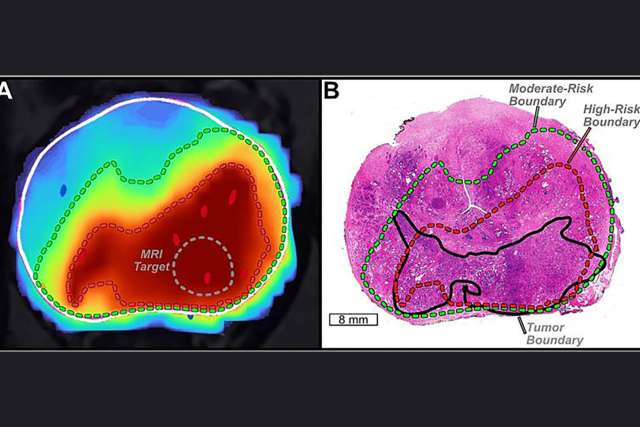Colon cancer is highly preventable and treatable. Yet more than 140,000 people are diagnosed with—and more than 50,000 people die from—colon cancer each year in the United States. The key to improving these statistics is to ensure that every person completes a routine colon cancer screening test, which can stop the disease before it starts.
The following covers the available screening tests, and provides information on where these tests are performed, how often they need to be repeated, and who is a good candidate for this type of test. All average-risk patients should begin screening for colon cancer at 50.
Download a PDF that details this information
PROCEDURES & X-RAY TESTS
Colonoscopy (recommended)
Colonoscopy is the preferred colon cancer screening test. It is the best way for doctors to find and remove precancerous growths, called polyps, and is also the only test that allows doctors to look at the entire colon so that they can find other early signs of disease.
- This test is performed at a surgical center or hospital.
- It takes 15 to 30 minutes to complete, during which time the patient is sedated so that a doctor can examine the inside of their colon for polyps.
- The test must be repeated every 10 years if results are normal, or more often if a physician finds precancerous growths, called polyps.
- The cost of this test varies by insurance. Screening colonoscopies are typically less expensive than diagnostic tests, which are ordered because of symptoms.
- Complications are rare but include bleeding, infection and bowel wall injury.
- You will need to miss a day of work, and have someone available to drive you home. Bowel prep is required.
Flexible sigmoidoscopy
During a flexible sigmoidoscopy, a physician examines the bottom portion of a patient’s colon to look for polyps. This test is not as thorough as a colonoscopy because only the bottom portion of the colon is examined. As a result, sedation is not always needed.
- This test is performed at a surgical center or hospital.
- It must be repeated every 5 years if results are normal.
- The cost of this test varies by insurance. Screening tests must be covered, and are less expensive than diagnostic tests.
- Bowel prep is required.
Virtual colonoscopy
A virtual colonoscopy is an X-ray test that uses a CT scan to inspect the lining of a patient's colon for polyps. Patients must still prep their bowels the day before this procedure, but sedation is not needed.
- This test is performed at a surgical center or hospital.
- It must be repeated every 5 years if results are normal.
- The cost of this test varies by insurance. The procedure is subject to an insurance deductible, as well as physician and facility fees.
- A negative of the test is that a CT scan cannot detect small polyps, and if any polyps are found, a colonoscopy is required.
HOME TESTS
FIT (recommended)
The Fecal Immunochemical Test (FIT) is a non-invasive stool-based test. Patients collect their stool sample at home and send it to a lab for testing. Any blood in the stool results in a positive test, and a follow-up colonoscopy is required.
- The FIT is free with insurance, or a low-cost option for patients without insurance.
- Patients can pick up a FIT Kit at a primary care or GI appointment, and return the kit to a UCLA Health office or lab for testing.
- The test must be repeated annually.
- If the test comes back positive, the patient must have a diagnostic colonoscopy.
- There are no physical risks associated with this test.
Stool DNA Test (Cologuard)
Cologuard is another stool-based test. The patient collects their sample at home and then sends it to a lab for testing. The study looks for blood in the stool or DNA markers associated with colon cancer. A positive test requires a follow-up diagnostic colonoscopy.
- The cost for Cologuard varies by insurance. Some plans cover the test, but others do not.
- The test must be repeated every 3 years if the results are normal.
- For patients who prefer a non-invasive test, UCLA Health physicians recommend the FIT.
Find more information on the colon cancer screening tests here.
--
This story ran in the Colon Cancer Awareness issue of The Checkup, a UCLA Health community newsletter on how to live your healthiest life.



